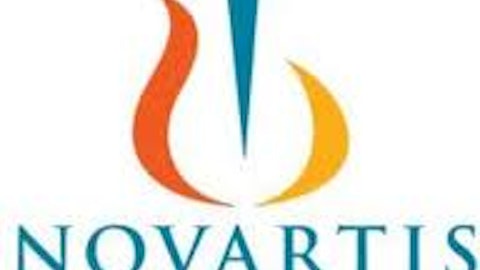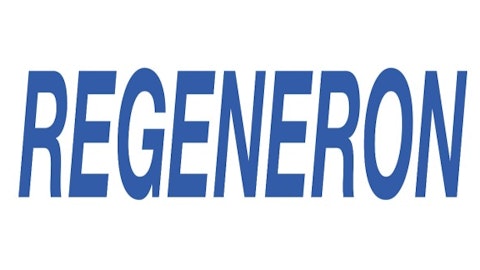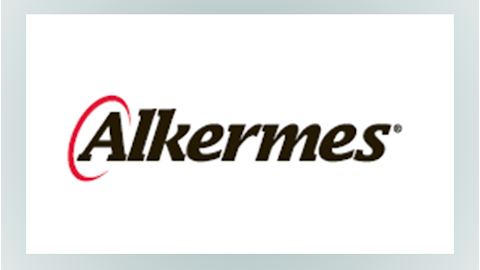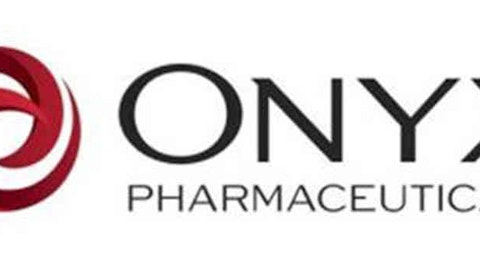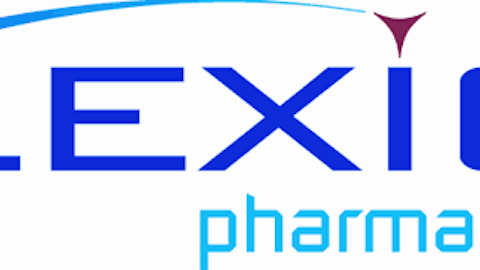Alexion is also working on asfotase alfa, which treats a rare metabolic bone disease, ALXN1102 and ALXN1103, which are focused on blood disorders, and ALXN1007, a treatment for inflammatory disorders. These efforts to expand its pipeline well ahead of its patent and supplementary protection expirations could turn out to be wise long-term investments.
Catching the eye of industry peers
Offering the world’s most expensive drug to a tiny patient base has caught the attention of other major pharmaceutical players over the past several years.
In 2009, PDL BioPharma Inc. (NASDAQ:PDLI) won a patent infringement case against Alexion, in which the latter was required to pay $25 million in exchange for a license to sell Soliris under PDL BioPharma Inc. (NASDAQ:PDLI)’s “Queen patent”, named after co-founder Cary Queen. Alexion was also required to pay a royalty of 4% on sales of any drug created under PDL’s patent. Many of the Queen Patents, which focus on humanizing antibodies, will expire this December, which is expected to significantly weaken the company’s position against companies that use its patents, which also include Roche and Genentech.
Novartis AG (ADR) (NYSE:NVS) has also targeted Alexion on two occasions. In 2010, it challenged Alexion’s European patent for Soliris, because it needed the patent to create an experimental eye drug for treating age-related vision loss. The C5 antibody Novartis AG (ADR) (NYSE:NVS) needed for the treatment would have infringed on the Soliris patent. A year later, Novartis sued Alexion, along with AstraZeneca plc (ADR) (NYSE:AZN) and Biogen Idec Inc. (NASDAQ:BIIB) in 2011, claiming that several of their drugs, including Soliris, infringed on the company’s 1997 U.S. patent for diagnostic gene sequences. Neither case has been conclusive.
Acquisition buzz
Recently, the market has been buzzing with rumors about Swiss pharmaceutical giant Roche, the world’s largest maker of cancer drugs, which could be interested in acquiring Alexion. With $1.52 billion in estimated sales of Soliris in 2013, Roche could have an instant blockbuster drug on its hands if it goes through with the acquisition. According to Reuters, Roche has been seeking financing for a potential bid, which would diversify its pipeline away from its traditional cancer drugs.
Last quarter, Roche reported strong sales of its top three cancer drugs – Rituxan, Herceptin and Avastin – which offset weaker sales of its hepatitis treatment Pegasys. Although Roche pharmaceuticals unit CEO Daniel O’Day refused to “comment on market rumors” during a CNBC interview, he noted that “outside innovation” complemented the “inside innovation” at the company, and pointed out that half of Roche’s pharmaceuticals portfolio are currently sold through partnerships with other companies.
With only one drug on the market, however, Alexion could be a costly, speculative acquisition that could cost $25 billion to $30 billion. Roche would also be paying a high premium for Alexion, considering that the stock currently trades at 33 times trailing earnings. Roche currently has $15 billion in cash but $26.35 billion in debt, giving it a debt-to-equity ratio of 147 – not the ideal balance sheet to be attempting such a massive deal.
